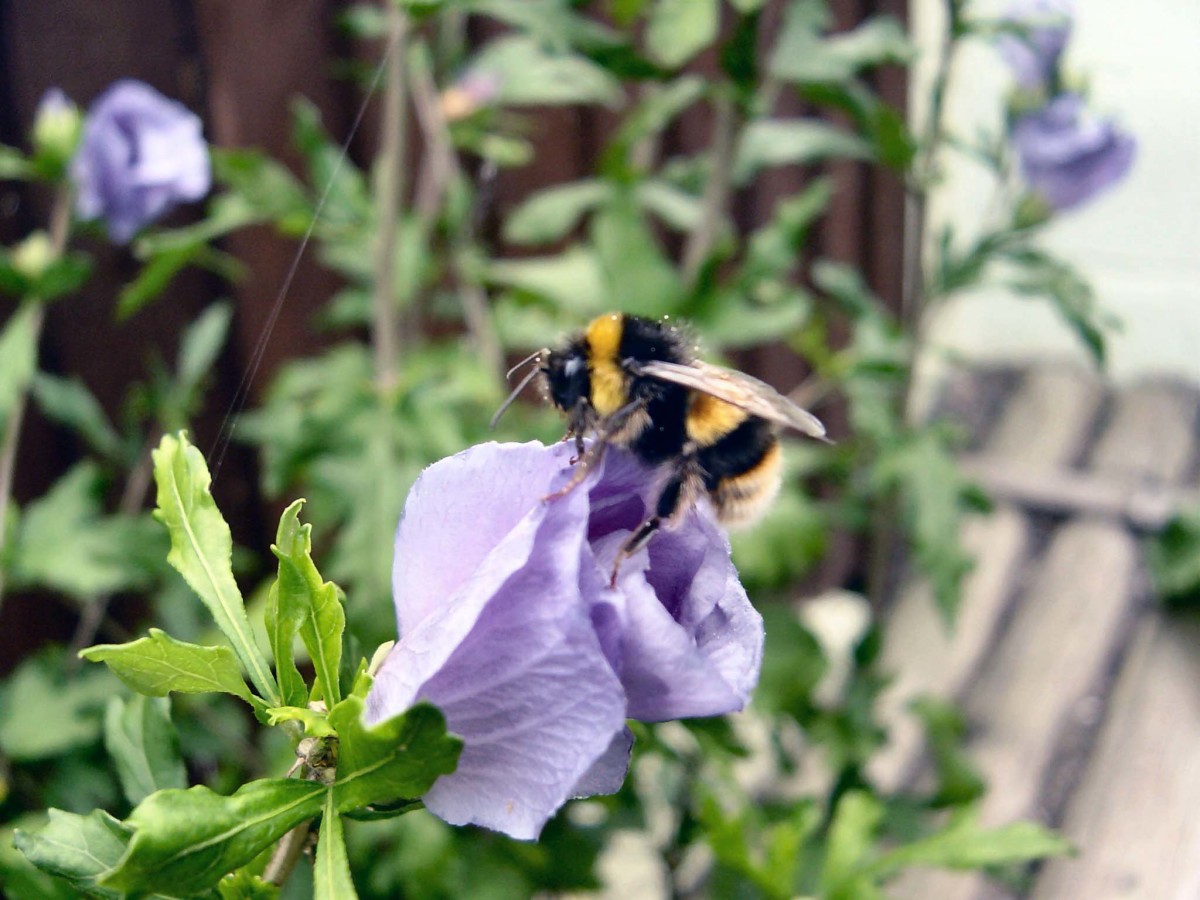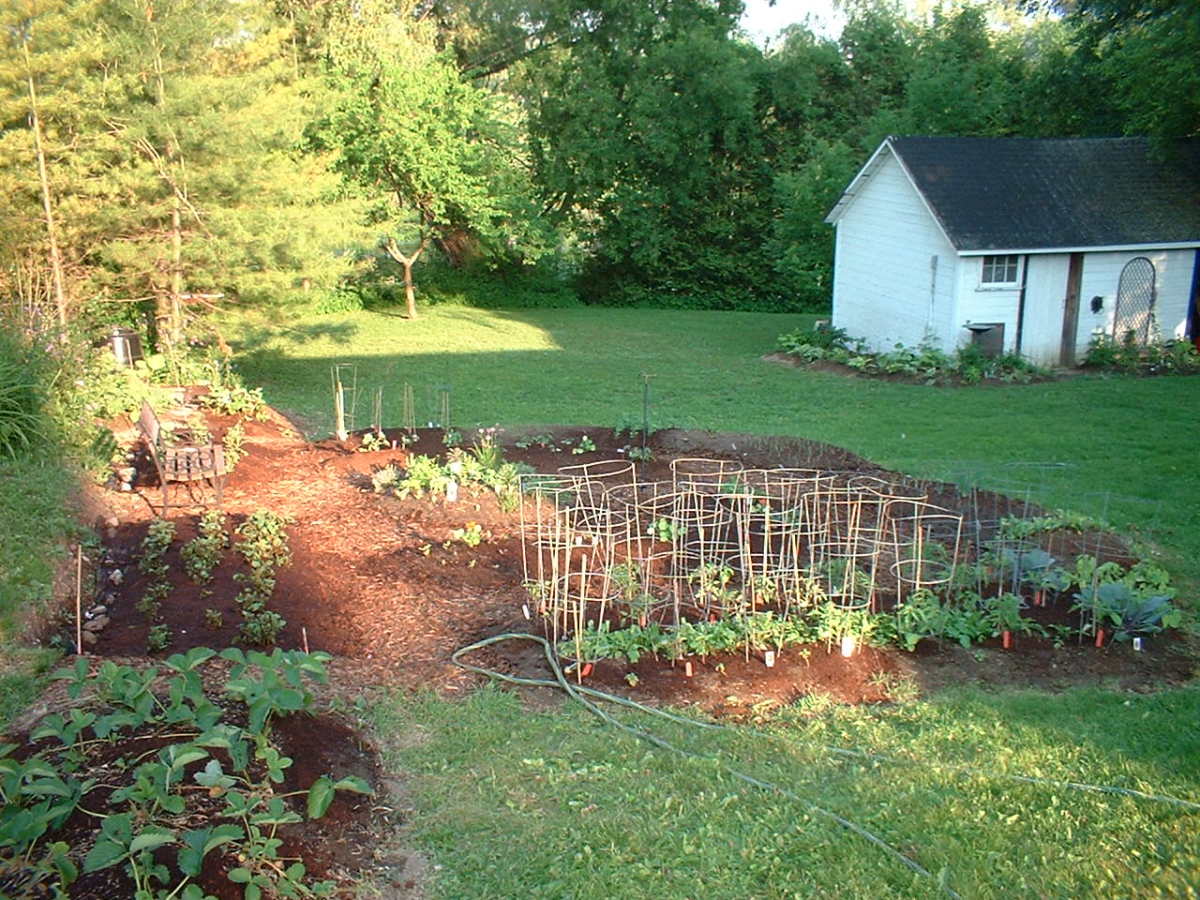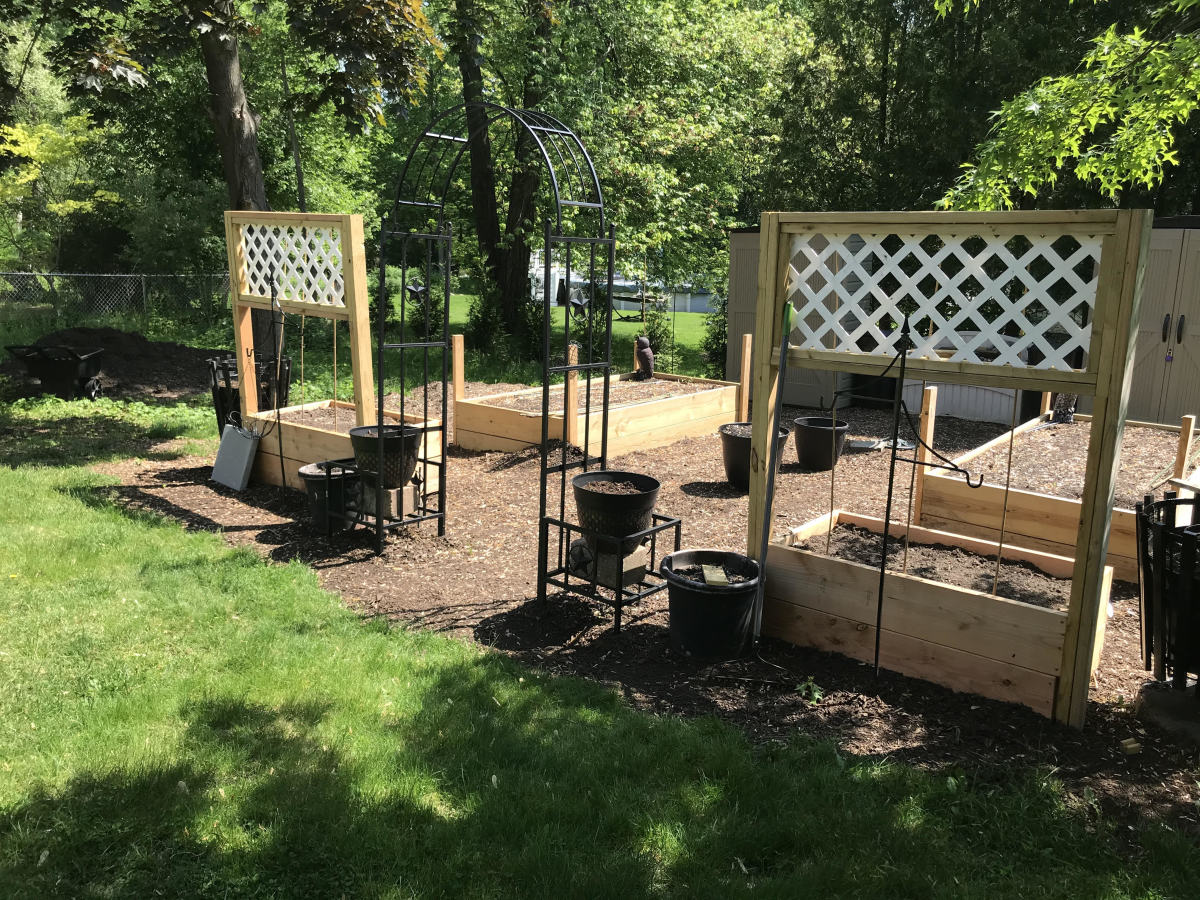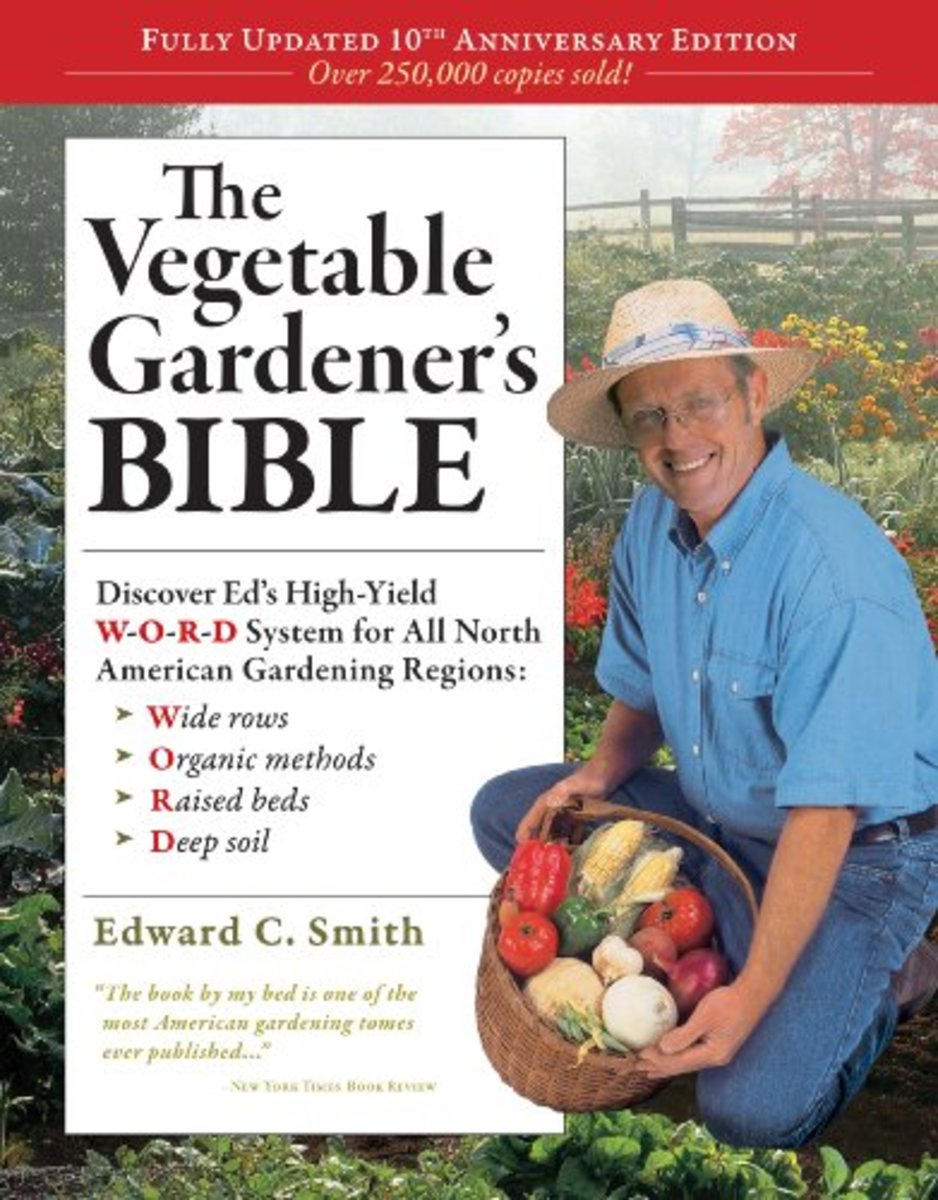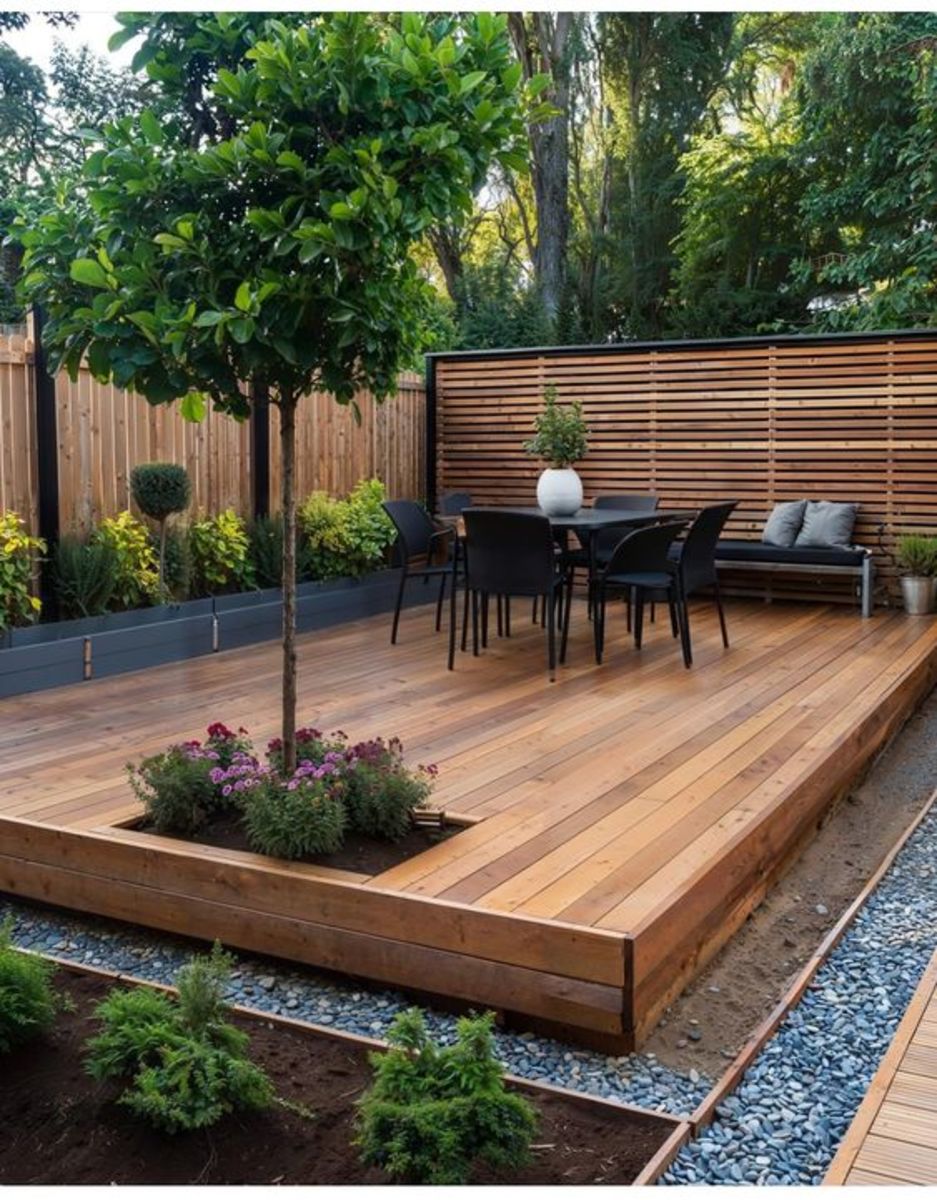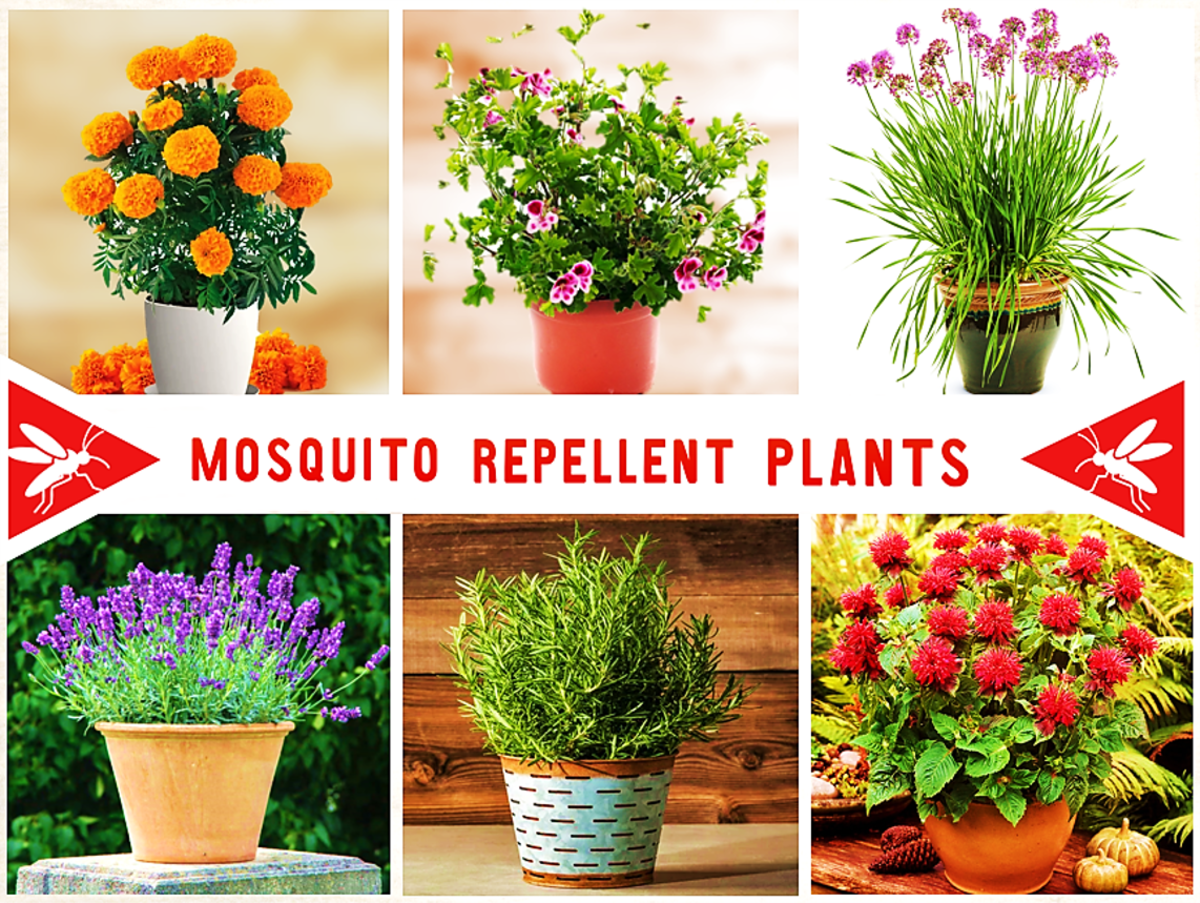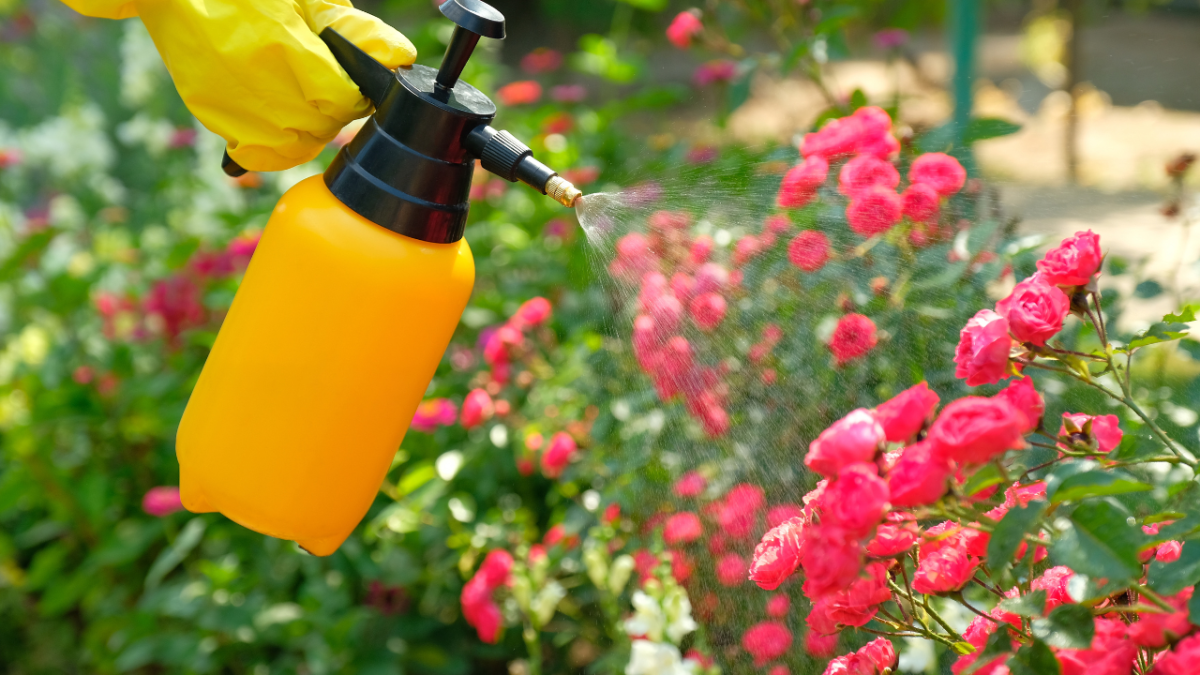Advantages of Home Vegetable Gardening
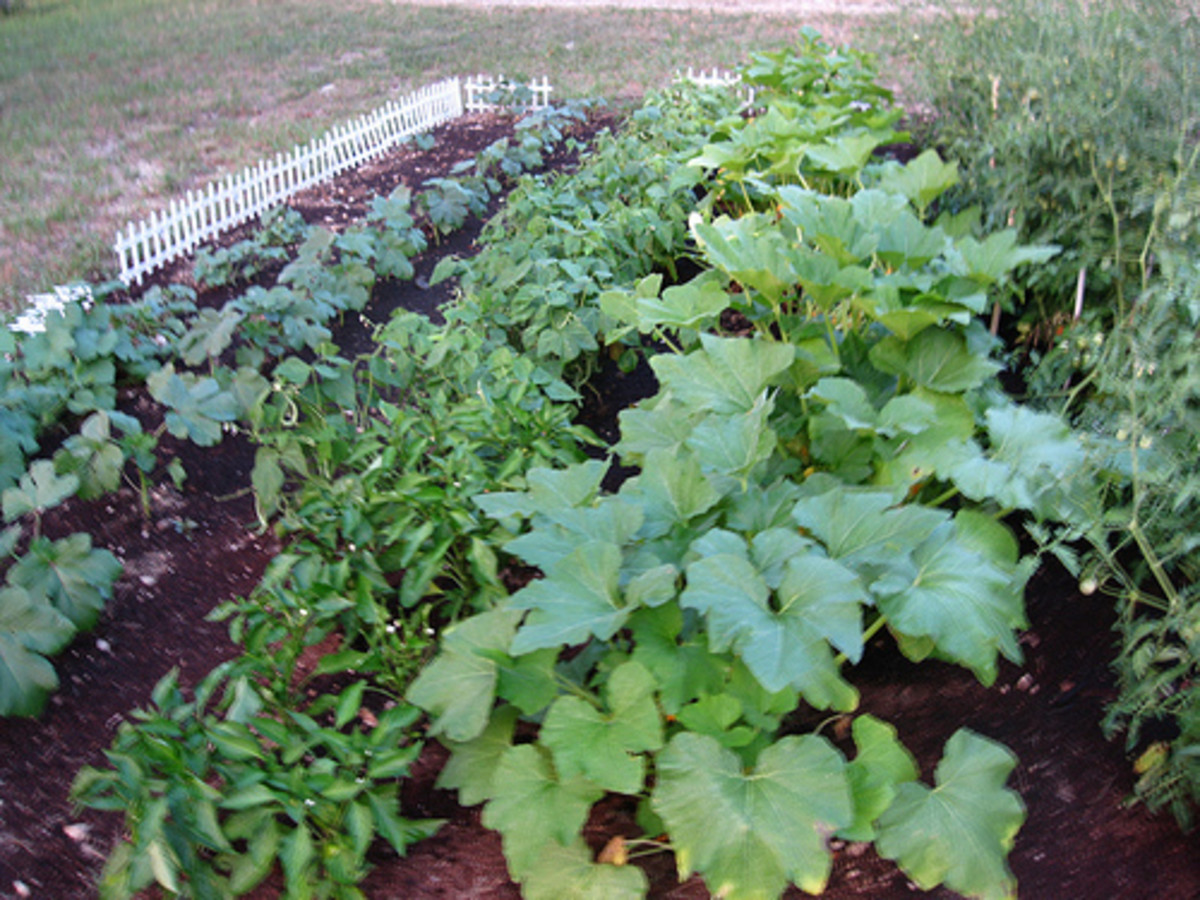
Thinking about having a home vegetable garden this year? The freshest best tasting produce isn’t the only advantages that will tip the scales in favor of having a vegetable garden next season.
The Freshest Produce
You can produce a garden that can provide you fresh produce every day. University of California studies indicate that vegetables can lose 15 to 55 percent of vitamin C in seven days. Some spinach can lose ninety percent within the first 24 hours after harvest. Therefore, growing your own garden produce and using it right after picking guarantees the highest nutritional value.
The Best Tasting Produce
Not only are homegrown vegetables better for you, they taste better too. Commercial vegetables have to be produced in a way that they can be shipped, and this usually detracts from flavor. Homegrown vegetables don’t have that constraint. Their production can focus on taste and nutritional quality. If you’ve ever tasted tomatoes fresh off the vine or sweet corn picked at its prime fresh off the stalk, you know what I mean.
Knowing Your Food Origins
A number of years ago I knew a young man who didn’t know that pickles were pickled cucumbers. Knowing where your food comes from bridges the gap between farm to table. Having this connection develops a healthy relationship with food allowing people to appreciate and respect that food is not optional.
Nourishes Your Body
In addition, when using food produced in your own backyard, you know if what you grew was grown without pesticides or herbicides. You know that any dish that you prepare from scratch made from your homegrown vegetables will be free of them as well.
You are putting the healthiest foods into your body. Buying packaged and processed food means that you are buying preservatives and fillers that are not nourishing you or your family.
In addition to feeding yourself good quality food, you get other physical benefits as well.
Many of us spend more than 90 percent of our time indoors leading disconnected, unhealthy, and unnatural lifestyles. A huge percentage of us are obese, including children and statistics have shown that obesity has contributed to billions of dollars in medical costs and death as well. When working the garden, especially when you use hand tools, you are getting healthy exercise.
When you’re gardening, you’re out in the sunshine so you’re getting the best source of vitamin D. Just be sure to garden in the morning or evening so that you don’t get sunburn from the UV rays.
Putting your hands in the soil contributes to a healthy life. Children who are exposed to soil develop healthier, stronger immune systems when compared to children whose parents stress about the child’s hygiene. The microbes in the soil actually act as an antidepressant.
Nourishes Your Soul
Growing my own produce not only nourishes the body, it nourishes the soul.. I am in concert with the birds and the pollinators and a whole range of creatures as I work among the vegetable plants.
Gardening reduces stress thereby increasing creativity. When I am writing, I have found that when I have worked in the garden, I can more easily get into the flow.
Gardening gives us meaning. As it states in the first couple chapters in Genesis of the Holy Bible, mankind was created to tend a garden. I know this is true, because I am at peace when I’m gardening. I feel as though I am one with nature and our creator.
Decrease Carbon Footprint
Eating from your own garden smaller carbon footprint. It’s good for the environment. Eating homegrown means your food doesn’t have to travel as far to get to your plate. It’s right there in your yard. Less travel means less carbon emissions negatively impacting the environment. A study done at the Leopold Center for Sustainable Agriculture at Iowa State University estimates that carrot grown locally only travels 27 miles whereas a conventionally sourced carrot travels an average of 1,838 miles from source to plate. Homegrown is even better because it has to go just a few yards.
Recycle Household Wastes on Site
Gardening allows you to take advantage of recycling household wastes on site. Using compost bins, compost, compost worms, and mulching are ways to utilize household garbage, yard wastes, shredded paper and cardboard. Rainwater and even graywater can be redirected into the garden and safely if handled properly.
Banking Food for the Future
You never know when the economy is going to take a downturn and preserved food won’t depreciate like money in the stock market can.
Preservation of your surplus by storing in a root cellar, canning, drying, or some other form of long-term food preservation method allows you to preserve your food dollar while at the same time providing some of the best quality produce money may or may not be able to buy.
Nourishes Relationships
People who tend plants tend to have better relationships with others. They are more compassionate towards nature and wildlife and so it extends to them helping others. They reach out to their peers and form shared bonds and develop common interest.
For many families, gardening is a family endeavor. Working together on a project like gardening can draw the family together because they are working on a worthy goal.
Children who learn to garden with their parents learn to love eating what they help produce. In addition, they learn to love eating vegetables, and if gardening is a pleasant activity to them, they, too, will continue the gardening practice when they get out on their own. The relationship between children and the vegetables on their plate increases as well. Children who garden are more likely to eat their vegetables and love it!
So many advantages to gardening exist that I don’t understand why everyone isn’t doing it!
This content is accurate and true to the best of the author’s knowledge and is not meant to substitute for formal and individualized advice from a qualified professional.
© 2019 Cygnet Brown

